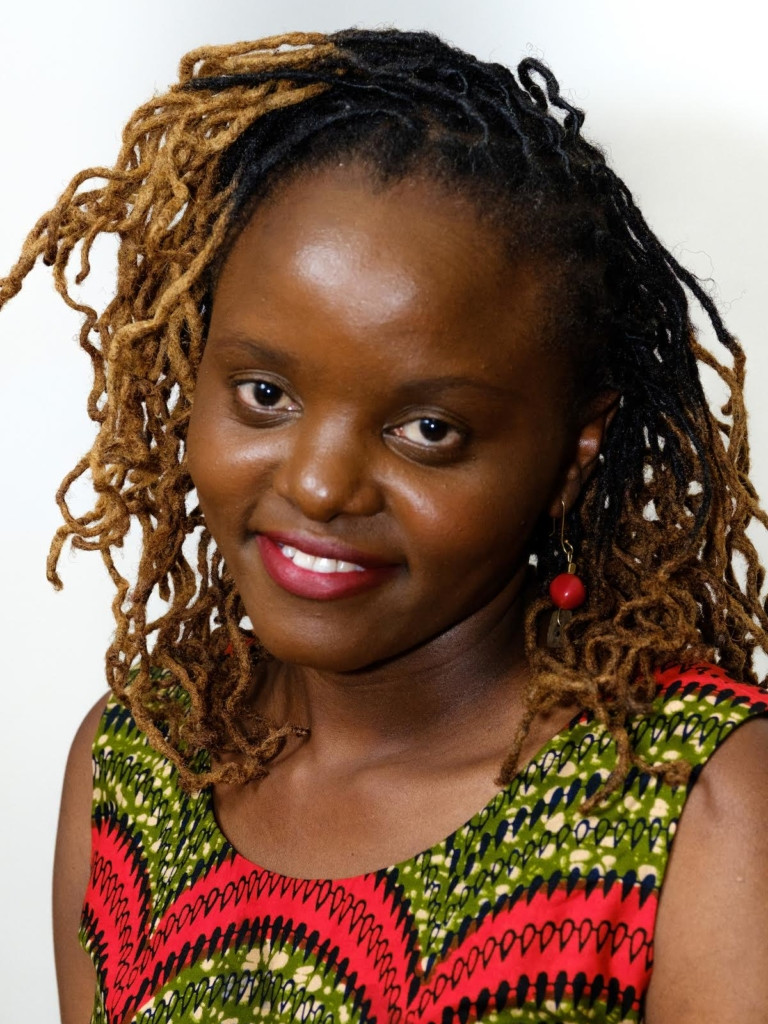
VERAH OKEYO
- 2018
- Press Fellow
I am a global health journalist from Kenya’s Daily Nation. After my undergraduate degree in Media and Communications with IT from Maseno University (Kenya), I joined print media in 2012 just as a way to fulfil an internship requirements to graduate, abandoning my specialization in electronic media. In 2018, I have seven Kenyan and two international journalism awards in environmental, gender, science and health reporting. I am a loud introvert who loves to play musical instruments in her pyjamas on weekends, sew her own dresses, love dogs and cats. I hold an MSc in global media and communication the London School of Economics and Political Science. 1. Why did you choose to become a science journalist? I am a global health journalist, just a tiny bit of science journalist. My late mother was a midwife, who preferred working in the community. Being her daughter, there were some information that I considered basic and common such as nutrition, when and why you should seek medical care, first aid etcetera. When I started interacting with people in my adult life, I realized these basic information was not so basic to everyone. It was puzzling to me that this deficiency extended to policy makers in Kenya which meant they often erred in budgeting, appointments in the Ministry of Health that affected public health. I picked health as a beat to rectify this. I am also impatient with the structural and institutional approach to changes; I hope for instant and quick response from the government about urgent people’s plight and journalism delivers that. 2. What role do science and science communication play in your country? I believe that most of the problems that face Kenya –ill health, famine, insecurity and others— need scientific solutions, but one that is decolonized and are relevant to the African context. 3. What are the main challenges of science journalism in your country? Science journalists are poorly trained hence coverage remains shallow, and regurgitates what the scientists have said, often lacking in context and depth. The poor training is also to blame for the poor relationship between journalists and their primary sources (scientists). Media houses place a lot of emphasis on political reporting, understandably so for politics’ ability to attract readers and advertising leaving science coverage without funding. 4. Where do you see the big societal transformations in the future? What scientific research/discovery will change our world? The cure of cancer and a vaccine and cure for HIV. These two claim too many lives and drain health systems globally, especially in the global south. 5. What book, movie or song has radically changed your perspective? And why? Unbowed: One Woman’s story by Wangari Maathai. I grew up in a patriarchal society where to exist, let alone going to school is a literal battle. Wangari Maathai fought these battles in her lifetime, in a time when patriarchy in Kenya had nearly fatal consequences, and paved way for some of the things I am enjoying now like the right to have house allowances at work which women were denied.